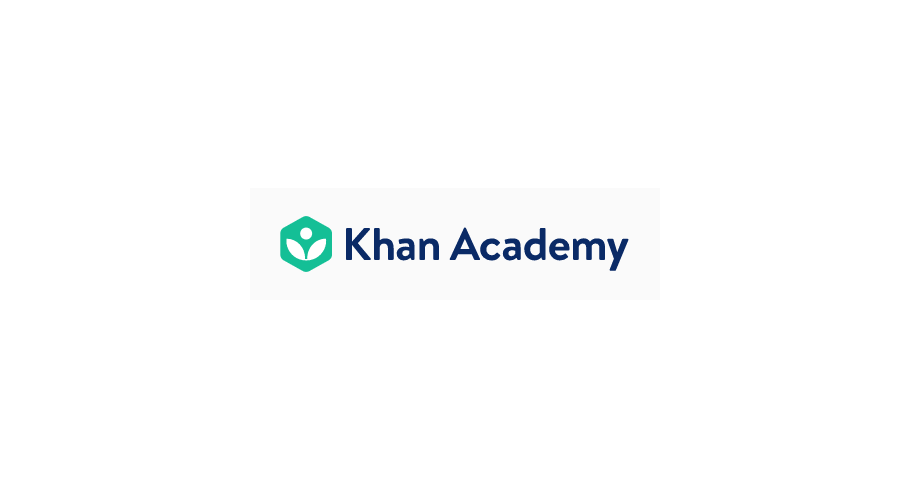Khan Academy, the non-profit online educational organization, and Microsoft have embarked on a collaborative journey. This partnership aims to bring time-saving and lesson-enhancing AI tools to millions of educators. By providing access to Azure AI-optimized infrastructure, Microsoft is empowering Khan Academy to offer all K-12 educators in the U.S. free access to the pilot of Khanmigo for Teachers, now powered by Azure OpenAI Service. The two companies are also working together to enhance AI tools for math tutoring in an affordable, scalable, and adaptable manner with a new version of Phi-3, a family of small language models (SLMs) developed by Microsoft.
In addition to giving innovative lesson plans, Khanmigo offers a variety of AI-powered suggestions and teaching resources that relieve teachers from many administrative duties that lead to burnout. With a click of an onscreen dashboard, in just a few minutes and often less, teachers can generate custom lesson plans, suggest student groupings, or “level” up or down text passages for learners who are either struggling or need more of a challenge. According to Khan Academy, these resources can save teachers five working hours every week on average.
Under their new agreement, Khan Academy will also give Microsoft access to explanatory educational content such as math problem questions and step-by-step answers to develop AI-powered math tutoring capabilities using Phi-3. It will also provide ongoing feedback and benchmarking data to evaluate performance. None of Khan Academy’s user data will be used to train the model.
Khan Academy prioritizes student safety and privacy in Khanmigo. Clear messages at the top of the screen inform students that their chat history and activities are visible to parents and teachers. The system is equipped with automatic flagging, which alerts teachers to questions or comments from students that may require follow-up. Importantly, Khan Academy ensures that no user data is used to train the model, providing a secure learning environment for all.
In the future, Khan hopes small language models that operate locally on a device (as opposed to the cloud) will create opportunities to provide teacher tools and tutors for resource-constrained schools outside the U.S. that lack computing infrastructure. The two organizations will also work to integrate more Khan Academy content into Copilot and Teams for Education, a free version of Microsoft’s popular Teams app to enhance collaboration and learning customized to meet the needs of educators and students. The integration will make the platform’s vast educational library available to even more learners while providing high-quality content to Copilot and Teams for Education users.
By partnering with Microsoft, Khan hopes to provide more support for teachers to bring personalized teaching and learning to more classrooms, enabling many more students to one day help solve the world’s toughest challenges.
Sal Khan started Khan Academy with a mission to provide free, world-class education to anyone, anywhere. The platform offers practice exercises, instructional videos, and a personalized learning dashboard that empowers learners to study independently in and outside the classroom. It tackles math, science, computing, history, art history, economics, and more, including K-14 and test preparation (SAT, Praxis, LSAT) content. It focuses on skill mastery to help learners establish strong foundations, so there’s no limit to what they can learn next. The startup’s mission is to provide free, world‑class education for anyone, anywhere.
